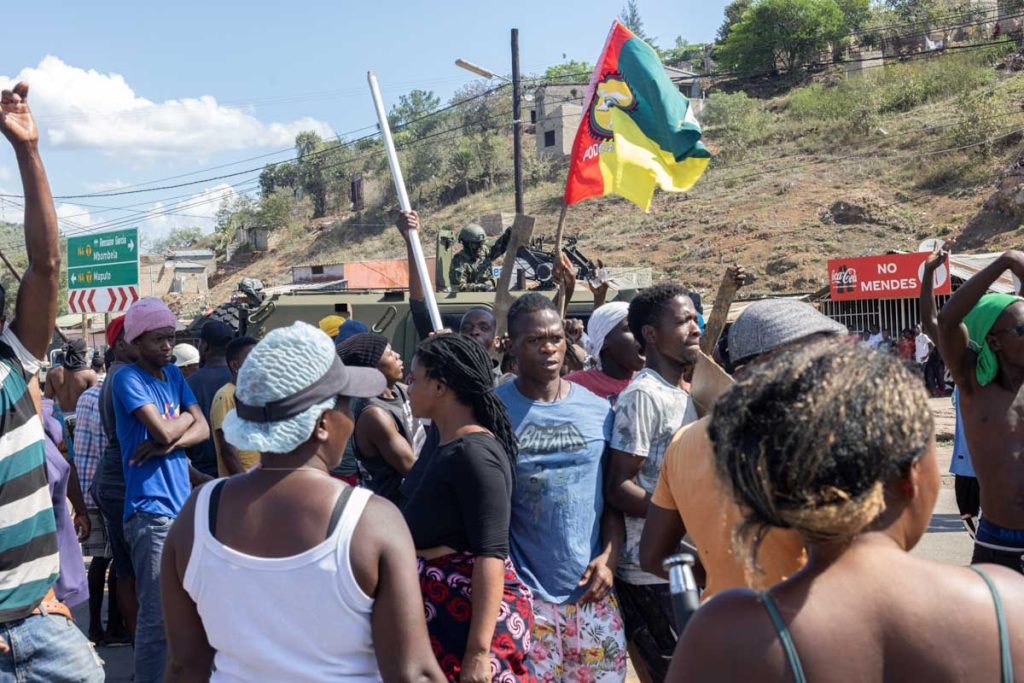Mozambique has vowed to bolster security along a critical South African trade route following two months of post-election unrest that have severely impacted both countries’ economies. The government made the commitment on Wednesday during high-level talks with South African officials, as tensions are expected to escalate with the Constitutional Council’s imminent announcement of final election results on Monday.
The unrest stems from opposition leader Venancio Mondlane’s claim of victory in the disputed October 9 elections. The electoral commission, however, declared a decisive win for the ruling Frelimo party candidate Daniel Chapo. Mondlane has threatened to call for nationwide protests and economic shutdowns if the Council upholds the results.
Protests have already caused widespread disruption, including city centre shutdowns, power plant interruptions, and the blockage of key mines. The main border crossing between Mozambique and South Africa has also been intermittently closed, delaying freight shipments to the Maputo port.

The Road Freight Association reported daily losses of 10 million rand ($558,000) to South Africa’s economy, while Mozambique’s Transport Minister Mateus Magala estimated $54 million in port-related losses. Freight traffic at the border, which usually accommodates 1,100 trucks per day, dropped to just 300 vehicles, significantly affecting trade flow.
A joint statement from the two governments noted that the unrest poses risks to food and energy security, warning that prolonged disruptions could exacerbate economic damage.
Mozambique’s Interior Minister Pascoal Ronda announced new measures to protect trade, including deploying defence and security forces and offering armed escorts for freight if needed.
South Africa’s Foreign minister, Ronald Lamola, expressed support for Mozambique’s Constitutional Council, calling it the legitimate authority to settle election disputes. However, he noted, “We are preparing for all potential scenarios.”
The protests have claimed the lives of approximately 130 people, with many deaths attributed to security forces, according to civil society group Plataforma Decide. Amnesty International has echoed concerns about the escalating violence.
The election commission reported that Chapo received 71% of the vote, while Mondlane secured 20%. Mondlane, however, alleges that a separate count showed him winning with 53% of the vote to Chapo’s 36%.


